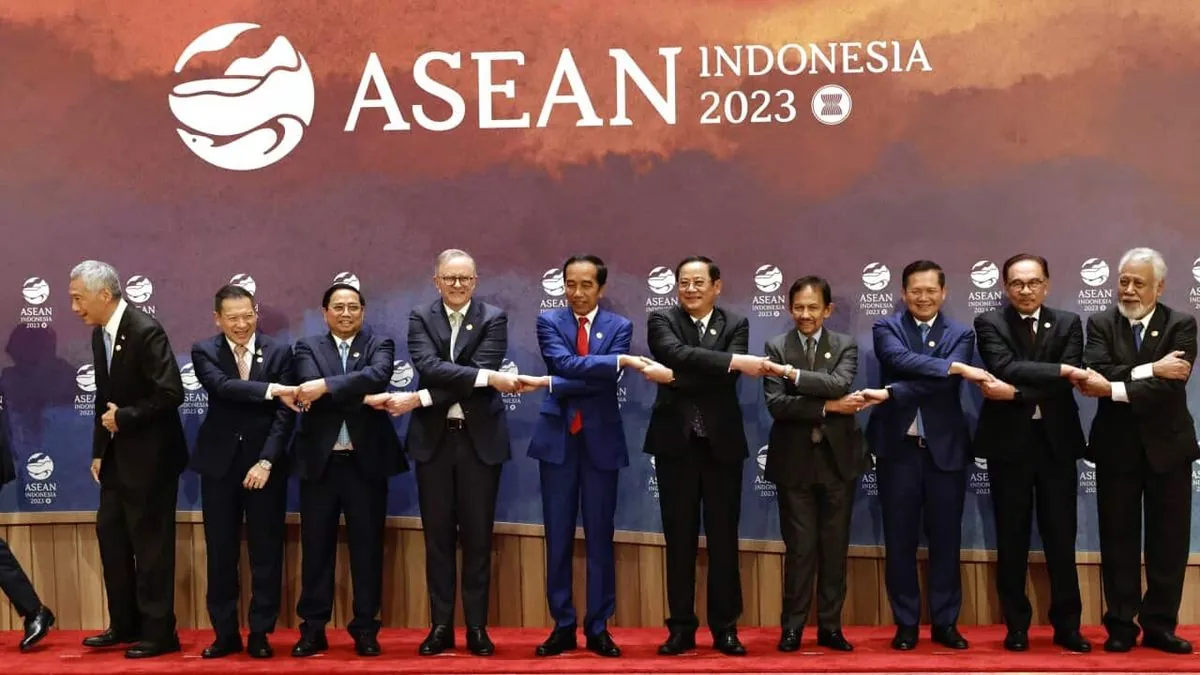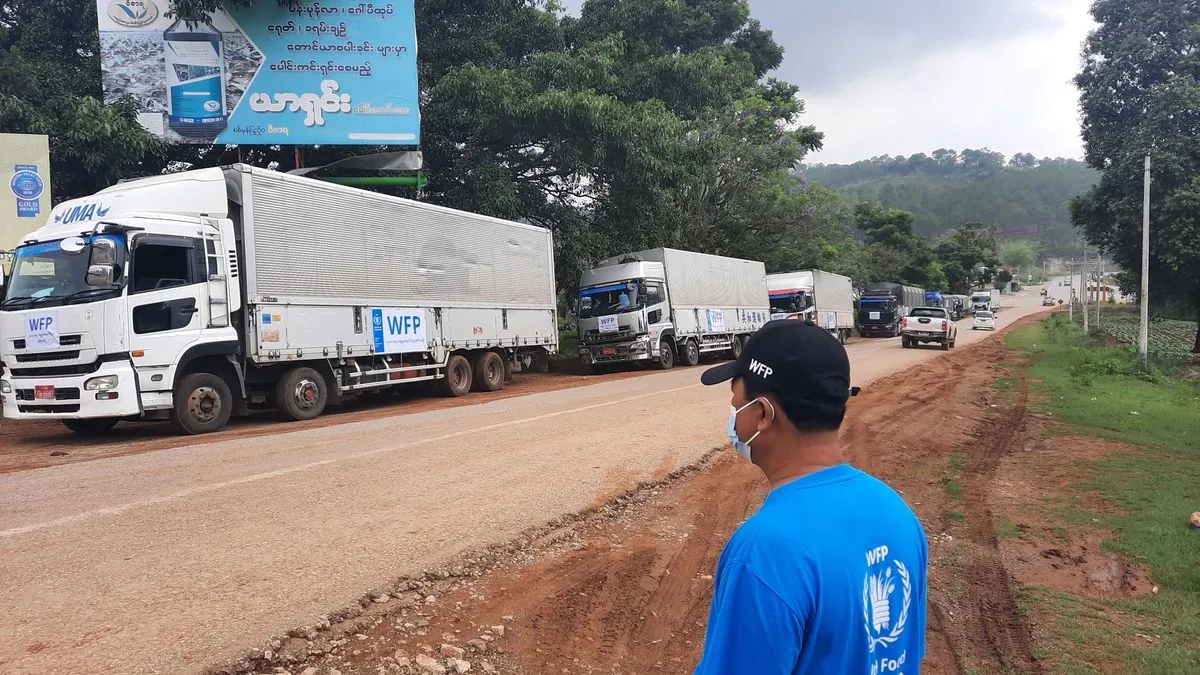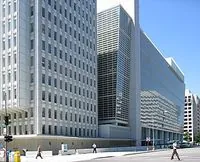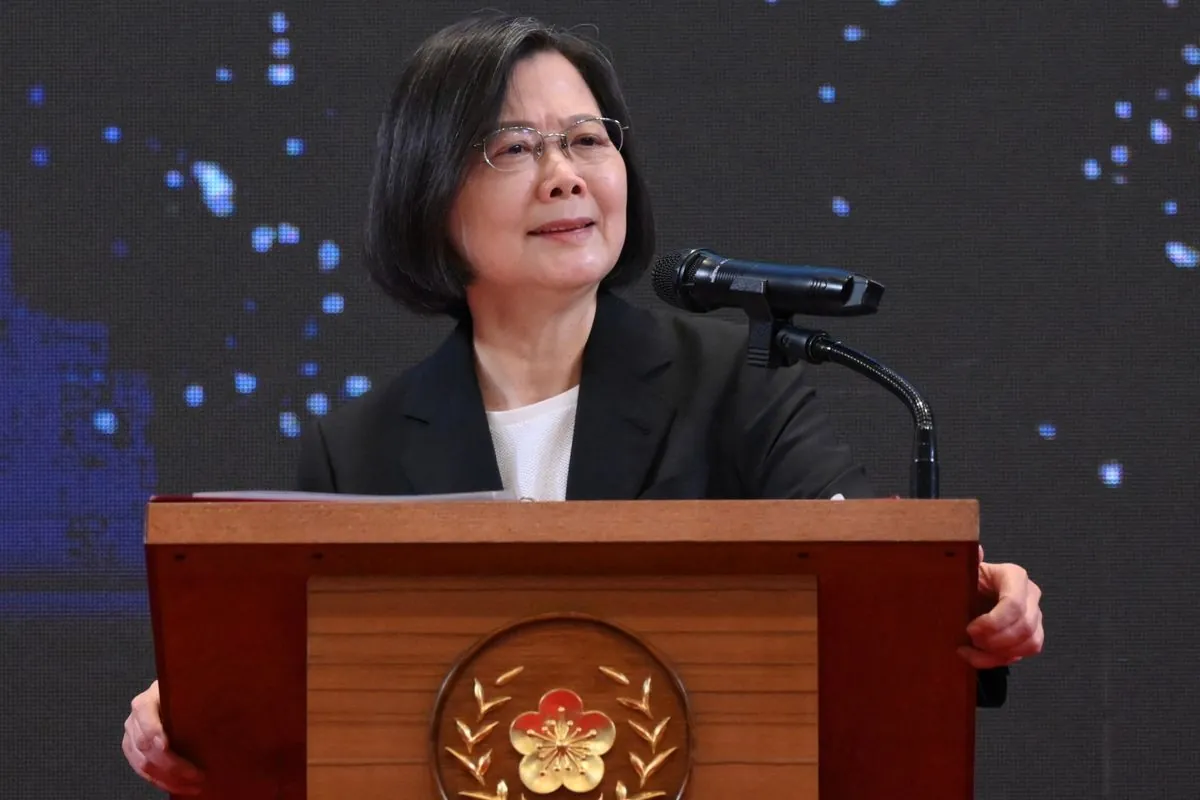Thai PM Urges ASEAN to Lead Myanmar Peace Efforts Ahead of Summit
Thailand's Prime Minister calls for ASEAN's crucial role in resolving Myanmar's conflict before the upcoming summit in Laos. The bloc faces challenges in addressing the ongoing crisis.

As the Association of Southeast Asian Nations (ASEAN) prepares for its upcoming summit in Laos, Paetongtarn Shinawatra, Thailand's Prime Minister, has emphasized the bloc's critical role in resolving Myanmar's ongoing conflict. The statement comes amid growing concerns over the prolonged civil unrest in Myanmar, which has persisted for nearly four years.
Paetongtarn Shinawatra stressed the urgency of ASEAN's involvement, stating, "ASEAN must play an important role in bringing peace back to Myanmar as soon as possible." This call to action highlights the regional bloc's potential influence in addressing the crisis that has plagued Myanmar since the military takeover in February 2021.
ASEAN, established on August 8, 1967, in Bangkok, Thailand, comprises ten member states and operates on the principle of consensus and non-interference in internal affairs. However, the Myanmar situation has challenged this approach, forcing the bloc to take unprecedented steps.
The Prime Minister's remarks come as ASEAN continues to grapple with its Five Point Consensus, a peace initiative unveiled in April 2021. Despite repeated calls for dialogue, the plan has made minimal progress in resolving the conflict. The junta's refusal to engage with opposition groups, whom they label as terrorists, has further complicated peace efforts.
Thailand has offered to act as a mediator to facilitate talks, with Paetongtarn Shinawatra expressing her country's willingness to work alongside Malaysia, the incoming ASEAN chair for 2025, to pursue diplomatic solutions. This proposal underscores the regional commitment to finding a peaceful resolution to the crisis.

The humanitarian situation in Myanmar remains dire, with approximately 18 million people – one-third of the country's 55 million population – in need of aid. This crisis has become a focal point for ASEAN, whose combined population of about 661 million makes it a significant global player.
ASEAN's response to the Myanmar crisis has included barring junta leadership from its summits, a move that has caused some tension within the bloc. This decision reflects ASEAN's struggle to balance its principle of non-interference with the need to address severe human rights violations and political instability in a member state.
Recent diplomatic efforts have extended beyond ASEAN. Indonesia, currently holding the ASEAN chairmanship, hosted an international meeting involving the United Nations and Myanmar's opposition groups just days before the upcoming summit. This initiative demonstrates the complex web of international involvement in seeking a resolution to the Myanmar conflict.
As ASEAN leaders gather for the summit in Laos, the Myanmar crisis is expected to dominate discussions. The bloc faces the challenge of reinvigorating its peace efforts while maintaining unity among its diverse membership. The outcome of these talks could have significant implications for regional stability and ASEAN's role as a mediator in future conflicts.
"ASEAN must play an important role in bringing peace back to Myanmar as soon as possible."
The ASEAN summit, as the highest policy-making body of the organization, provides a crucial platform for addressing this pressing issue. As the bloc celebrates its 57th anniversary this year, its handling of the Myanmar crisis may well define its relevance and effectiveness in shaping the future of Southeast Asia.


































